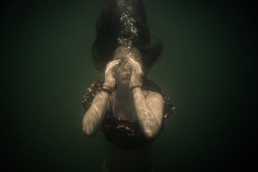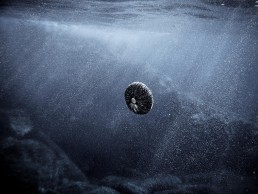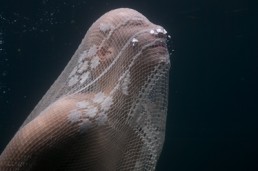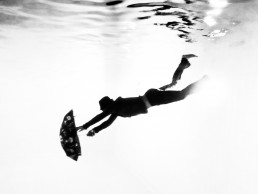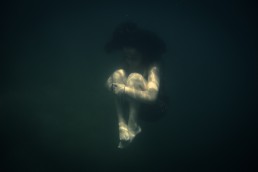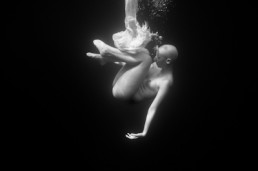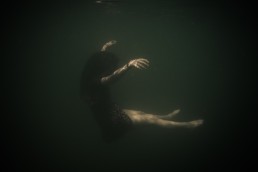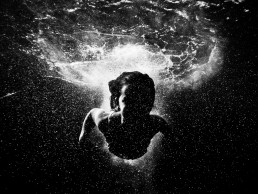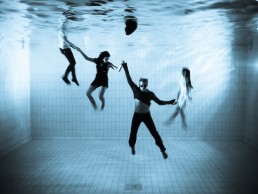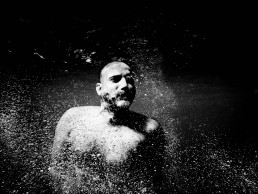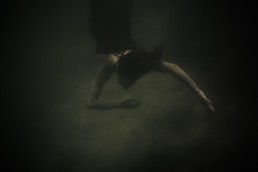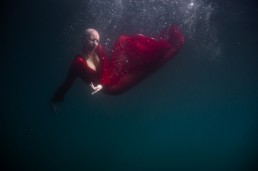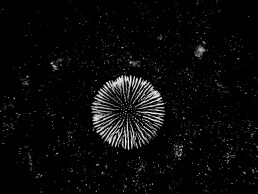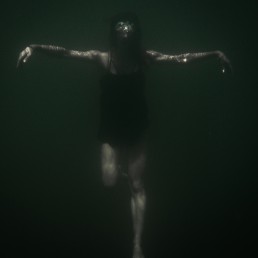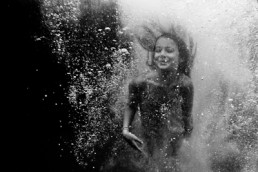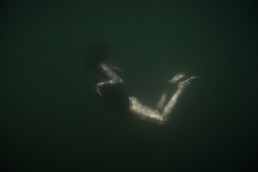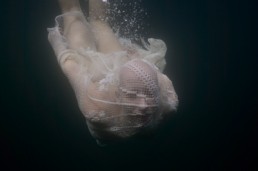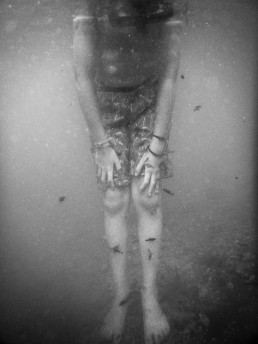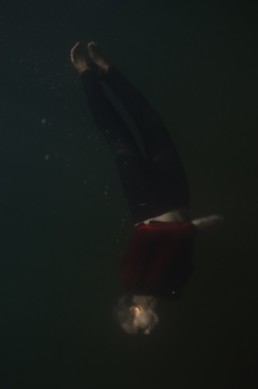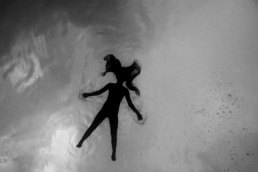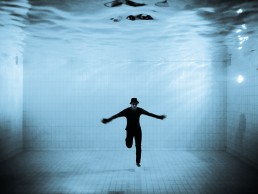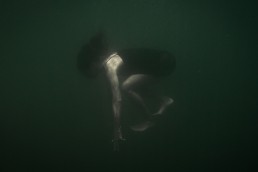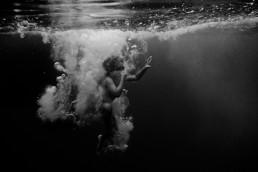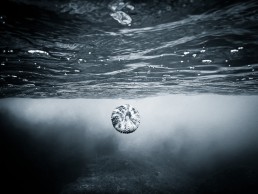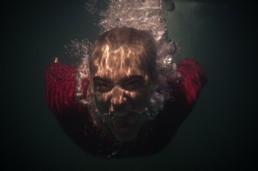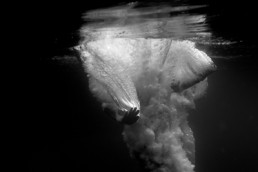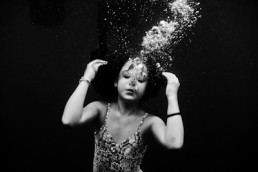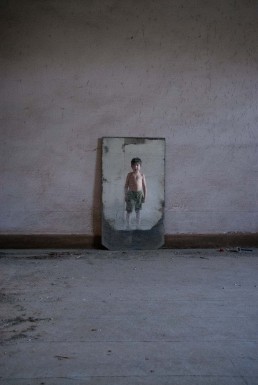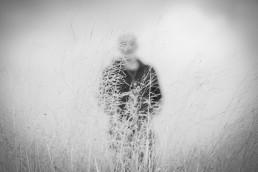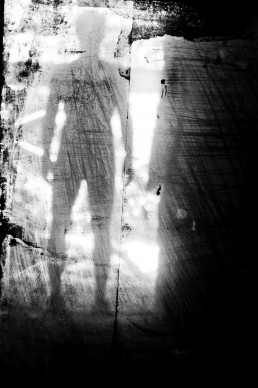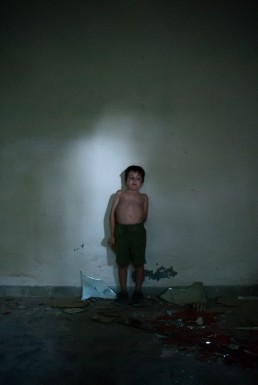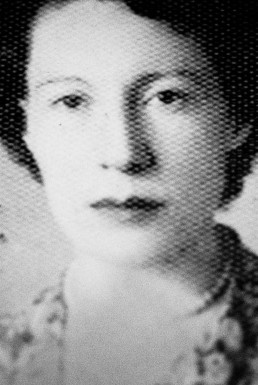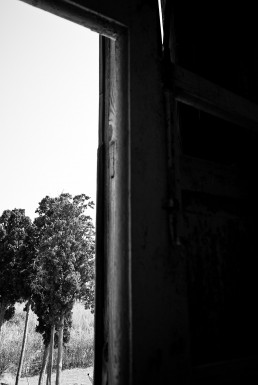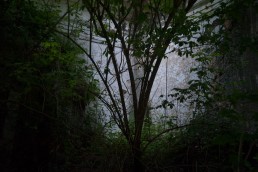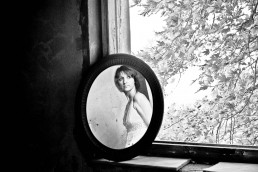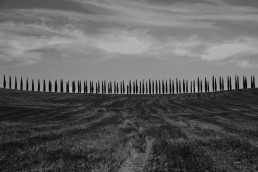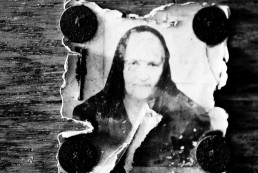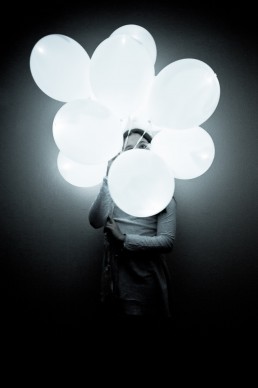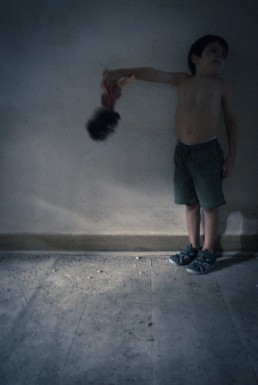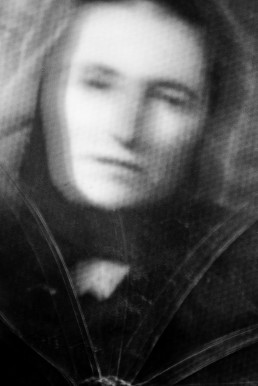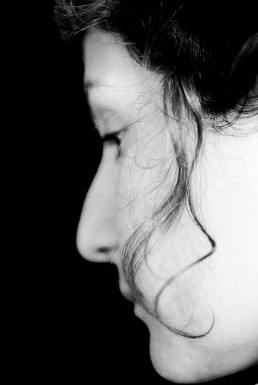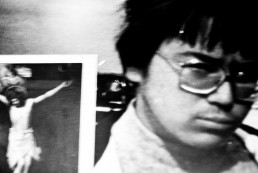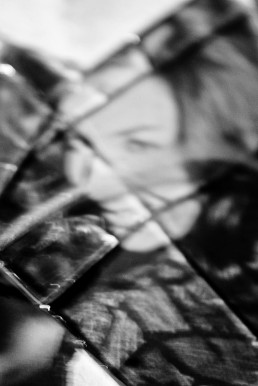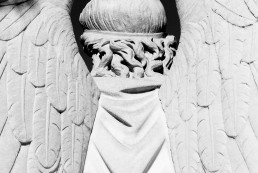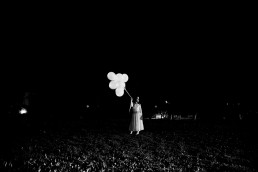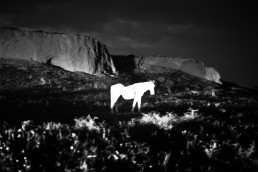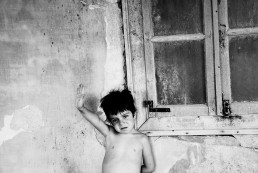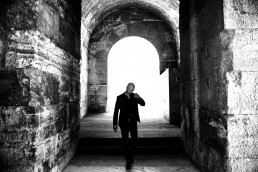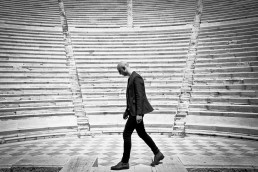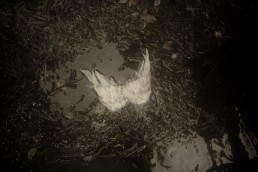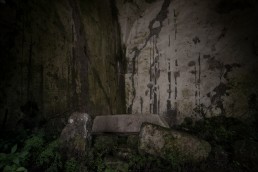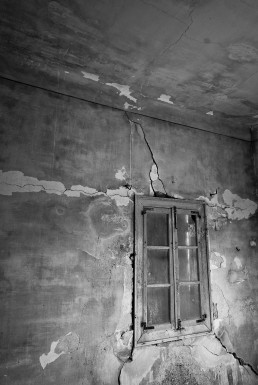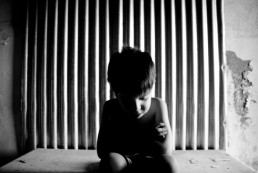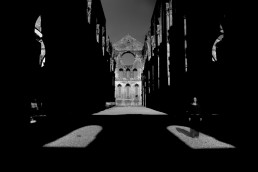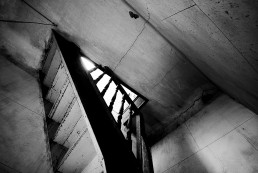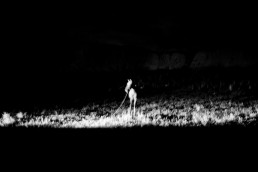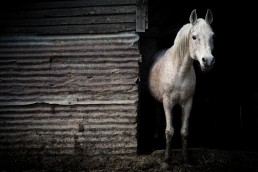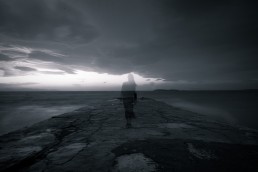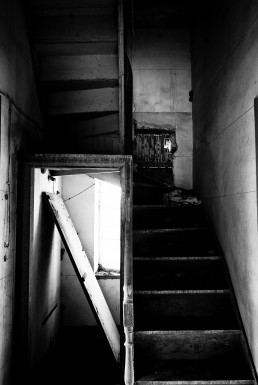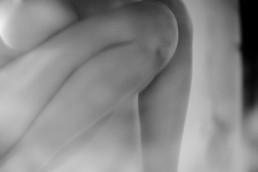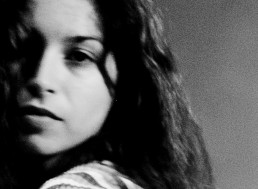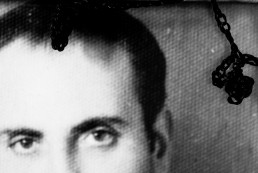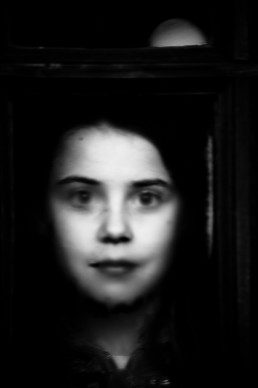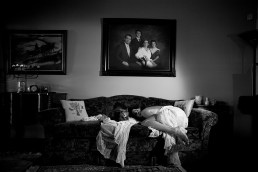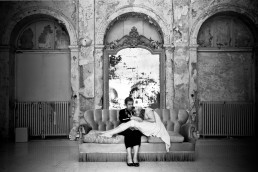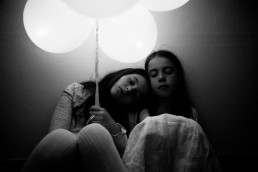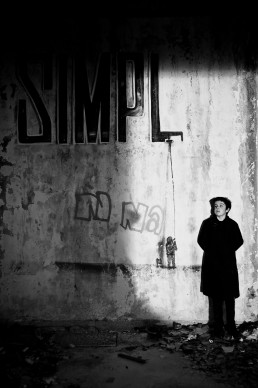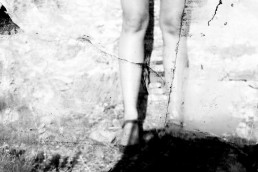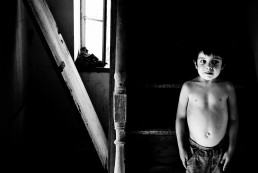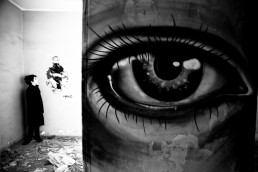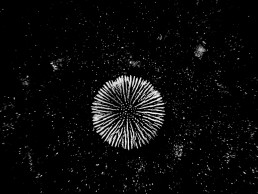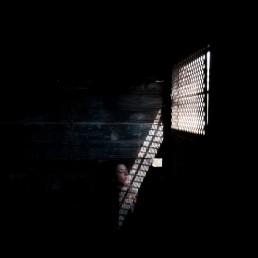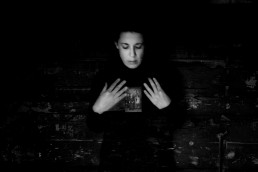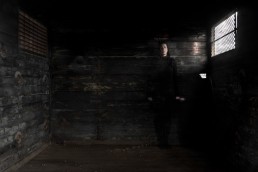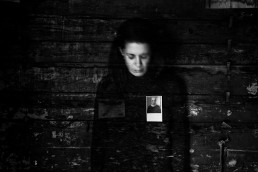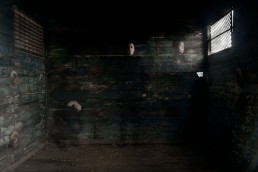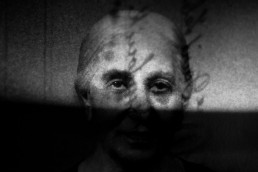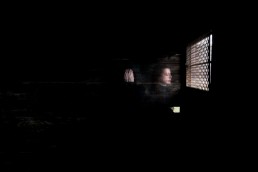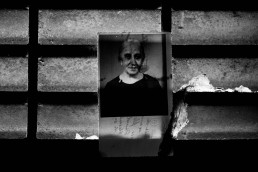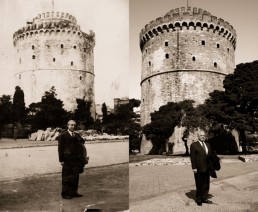ON STAGE
Diving into the water looks like a dip into subconscious memories. Each immersion in the wet embrace resembles a joint with the mother,
the feminine flow of life, the primitive feelings that unite us with the qualities of our soul.
When the soul speaks it uses dreams, the image of a world that, even though it does not look real, is in fact our most authentic self.
And when we are really lost in the oceans of our dreams, then we rediscover the birth legends, the water in its native power, the water that makes us live beyond death and unites everything.
There, at the bottom, we can once again hear the demands we had from life, which we forgot growing up.
The water has kept them safe, cared for them and returns them to us alive and intact.
the feminine flow of life, the primitive feelings that unite us with the qualities of our soul.
When the soul speaks it uses dreams, the image of a world that, even though it does not look real, is in fact our most authentic self.
And when we are really lost in the oceans of our dreams, then we rediscover the birth legends, the water in its native power, the water that makes us live beyond death and unites everything.
There, at the bottom, we can once again hear the demands we had from life, which we forgot growing up.
The water has kept them safe, cared for them and returns them to us alive and intact.
Nostalgia is a primal urge to return to our roots and the constant longing for familiar surroundings.
These images are an attempt to accomplish a dialogue with the past.
A relation with the obliterated self takes place in deserted buildings and monuments that seem like skeletons of a forgotten memory.
The presence of decay promises a future resurgence accomplished through forgiveness, acceptance and pure love.
The images indicate the discovery of solace in a mothers embrace, the erasure of the bitter past and the recovery of freedom by escaping in an idealized imaginary space.
These images are an attempt to accomplish a dialogue with the past.
A relation with the obliterated self takes place in deserted buildings and monuments that seem like skeletons of a forgotten memory.
The presence of decay promises a future resurgence accomplished through forgiveness, acceptance and pure love.
The images indicate the discovery of solace in a mothers embrace, the erasure of the bitter past and the recovery of freedom by escaping in an idealized imaginary space.
On the 15th of March 1943, 75 years ago, at the old Thessaloníki Railway Station, the first death train bound for the concentration camps of Birkenau and Auschwitz in Poland could be heard blowing its whistle.
2.800 Greek jews were cramped in locked animal transport wagons. By August 2nd that year, 19 shipments, arriving at night and under fog (“Nacht und Nebel”), carried 46.061 Greek Jews to these camps, where most were killed.
Amongst them, my great grandmother Sol Venezia, and her children Olga, Lina and Isaac, and other relatives and friends of my grandfather Albert Revah.
In memory of all that perished.
In memory of the struggle to live.
I wish that Love and Forgiveness may light our hearts.
2.800 Greek jews were cramped in locked animal transport wagons. By August 2nd that year, 19 shipments, arriving at night and under fog (“Nacht und Nebel”), carried 46.061 Greek Jews to these camps, where most were killed.
Amongst them, my great grandmother Sol Venezia, and her children Olga, Lina and Isaac, and other relatives and friends of my grandfather Albert Revah.
In memory of all that perished.
In memory of the struggle to live.
I wish that Love and Forgiveness may light our hearts.

